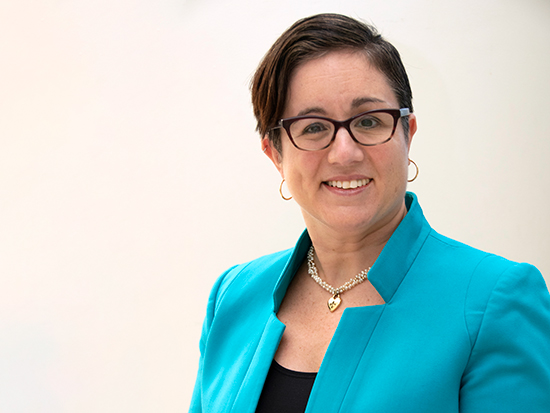 Julie Kanter, M.D., Co-Director of the Lifespan Comprehensive Sickle Cell Center, Director of the UAB Adult Sickle Cell Clinic
Julie Kanter, M.D., Co-Director of the Lifespan Comprehensive Sickle Cell Center, Director of the UAB Adult Sickle Cell Clinic
As an FDA decision approaches and medical communities brace for potential advancements, Julie Kanter, M.D., Co-Director of the Lifespan Comprehensive Sickle Cell Center and Director of the UAB Adult Sickle Cell Clinic, sheds light on the intricate process of implementing new gene therapy treatment for Sickle Cell Disease (SCD).
1. Complex Treatment Roadmap
The FDA's potential approval of Exa-cell offers hope for SCD patients, yet Dr. Kanter's testing unveils a complex, year-long process. Despite positive outcomes—less pain and improved hemoglobin—implementation remains challenging.
“This therapy is transformative...” but, “it isn’t easy, and it’s expensive,” Kanter said. “It's not just a pill you take. In total, it takes almost a year for that whole procedure to take place.”
2. Access and Availability Hurdles
Even if FDA approval arrives in early 2024, the actual availability of treatment might be delayed until June 2024. Furthermore, the selection process for qualified care centers involves meticulous vetting and contract negotiations. This complexity raises concerns about equitable access, particularly regarding the high cost — an estimated $2.8 million per patient — creating barriers for widespread accessibility.
3. Ethical Access and Long-Term Safety
Discussions persist regarding treatment safety and possible off-target effects. Despite encouraging outcomes, the need for additional studies to assess long-term safety and efficacy remains. Dr. Kanter stresses the significance of equitable access, particularly for patients reliant on Medicaid, and supports continuous monitoring for 15 years after treatment to assess benefits and potential complications.
“Gene therapy is a shiny new toy, but we don’t want everyone to use it,” Kanter said. Ensuring meticulous care and specialized monitoring for individuals with sickle cell disease is her top priority, followed by the challenge of funding treatments, with a crucial emphasis on maintaining fair and ethical accessibility to this new and effective therapy.
Condensed from on-camera interview with WVTM13.
For background on this topic, read Gene therapy: What to know about the new FDA-approved treatment for sickle cell disease.